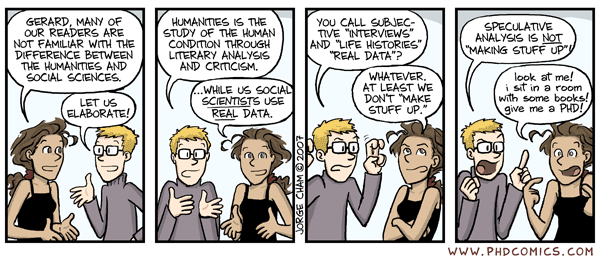On November 6, 2012, the second lecture in the 2012-13 series was presented by Prof. Greg Johnson, Chair of the Department of Religious Studies at the University of Colorado, Boulder. His lecture–entitled, “In the Moment: The Relevance of the Humanities and Social Sciences for the Study of Religion in Real Time”–opened by reflecting on the “Studying Religion in Culture” motto of UA’s Department of Religious Studies and then moved on to examining the manner in which ongoing debates and legal contests in Hawaii over contemporary indigenous people’s rights and ancestral remains present the scholar of religion with an opportunity to study religion both in the skin and in the bone, as he phrased it, i.e., examining, “in real time,” the manner in which it is performed/enacted both in more flamboyant, public settings (e.g., organized protests) and also in a more behind-the-scenes, structural manner (e.g., people attending hearings and meetings, taking minutes, filing legal briefs and court challenges, etc., all in the context of operationalizing the federal Native American Graves Protection and Repatriation Act of 1990).
After examining two case studies from Hawaii he turned his concluding attention toward linking his approach to studying religion, politics, and identity, toward the theme of this year’s lecture series. Prof. Johnson kindly provided his unpublished text to the Department and so the conclusion in posted below. Continue reading “Greg Johnson on the Real World in Real Time”

